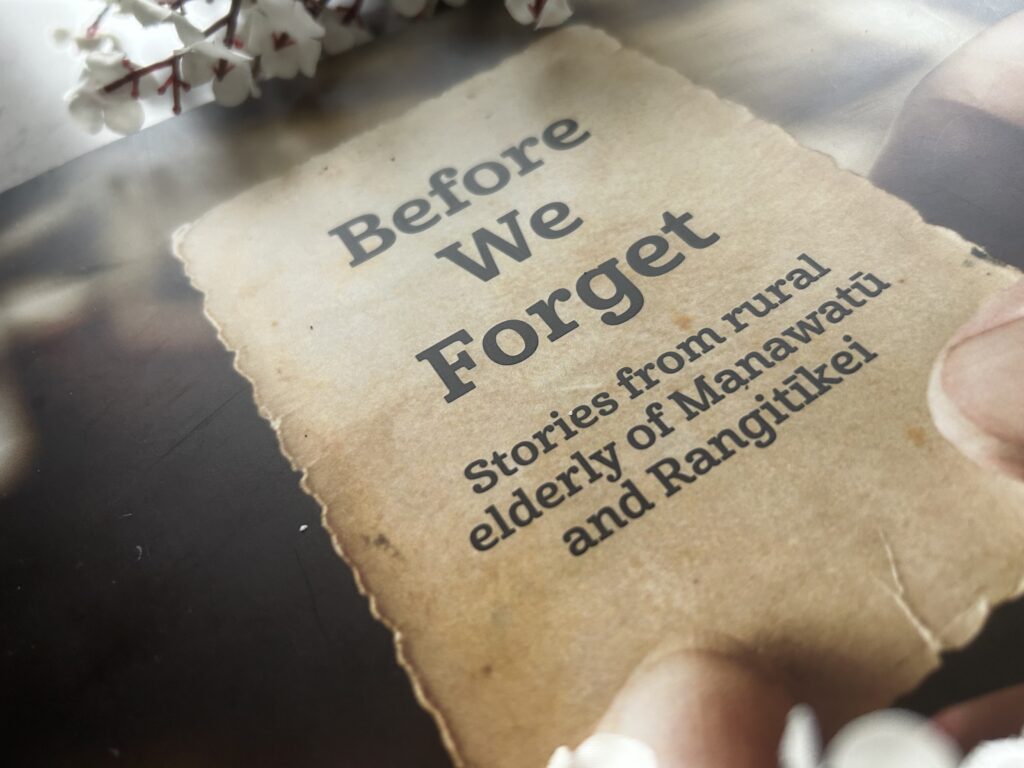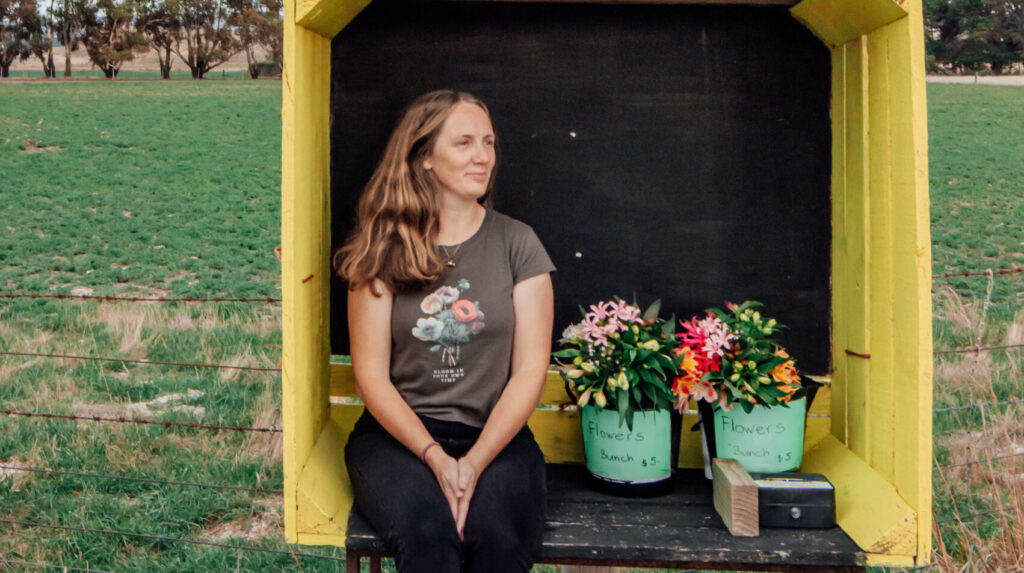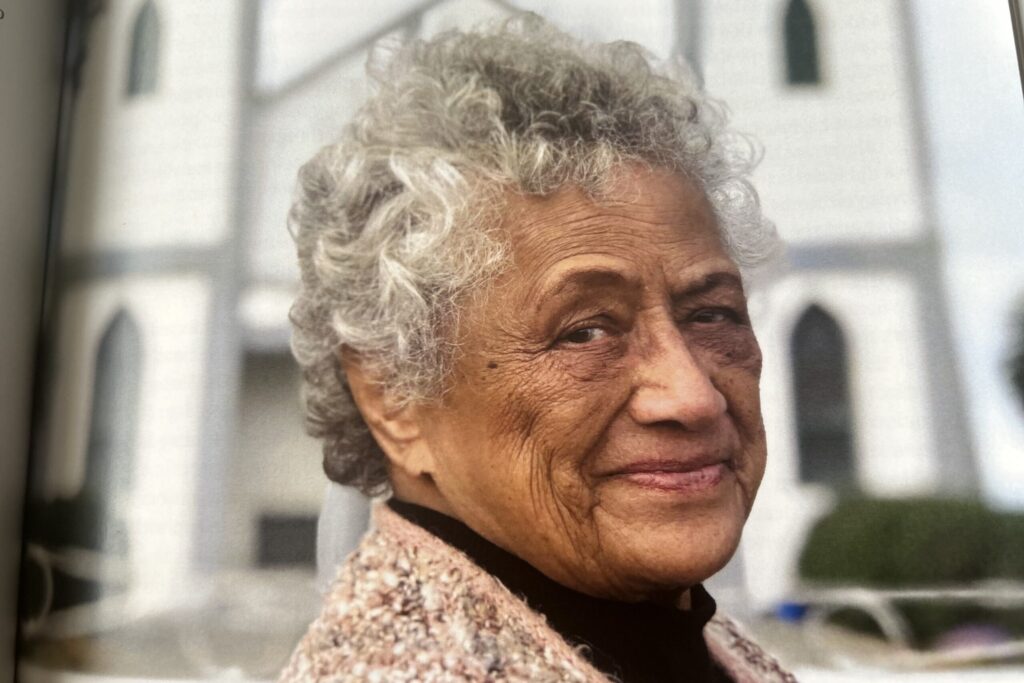It’s not often one picks up a book and there’s a story that so many from different walks of life can relate to. But such is the case with Carly Thomas’s ‘Before We Forget’, a compilation of short stories told by a sometimes forgotten part of society that grew up in rural Manawatū and Rangitīkei.
The book is an easy read, providing a platform for a generation born as early as 1922 and no later than the 1940s to immortalise their lives by sharing their stories with anyone who has the time to read it.
Thomas, a Cheltenham-based, award-winning journalist, says she was compelled to write the book after receiving news that Harold Weekes, who she interviewed while covering Feilding High School centenary celebrations, had died.
“It was Harold Weekes who inspired the book. I had gone out to interview him for the Feilding High School centenary celebrations as he was a past pupil. I spent an extraordinary morning with him as he told me many stories from his life – much more than I needed for this particular job, but I recorded it and listened intently all the same,” she says.
“He died a little while later and the realisation that I had something important sitting in my recorder hit me. That then prompted me to apply for Earle Creativity Trust funding to create a book of more stories from our rural elderly.”

After receiving funding, Thomas put out the call out for participants and suggestions “and it all just went from there”.
Each story is told in the first person, providing captivating insights into each of the subjects’ adventure-filled lives during a time that was so different, yet so similar, to today’s age.
“I wanted a balance of cultures, genders and different life stories. The interviews were done in people’s homes over cups of tea. I spent many hours talking with the participants and made multiple visits,” she says.
There are tales of how ancestors came to be in New Zealand, or how roots were always here, and how many of them and their families worked the land, each playing a part – big or small – in the landscape we see today.
“I think people’s stories are important at any time. Everybody’s stories, not just people who we deem to be important. They give us a true account of who we were, are and could be. What can we learn from each other? How can we feel connected? These things are important and recording everyday stories is a way of putting down what might otherwise be lost,” she says.
Thomas says it’s important to talk to the older generation.
“Spend time with them and listen. They still have something to say and they are often overlooked. It takes longer when interviewing older people, but it is well worth the time. I learnt to slow down and to not push. Slow down, sit back and listen.”
Spending hours with her subjects, hearing intricate details of their lives, left a lasting impression on Thomas as well.
“They all [left an impression] in their own way. I had a beautiful day with Makareta [Casey] travelling out to Rātana and then having cream cakes in Sanson. Dickie [Hammond] had me in hoots of laughter and Gordon [Collier] is always a lovely man to spend time with. Rob’s [Gordon] wife Hara made us a gorgeous lunch and was very supportive of this project, as was Joy’s [Corbett] family. Visiting Uru’s [Te Urumanoa Eunice Kereti] little house in Taihape was neat and I am so glad I got to visit Ian [Jenson] at his much-loved home as he went into a rest home very soon after.
“But honestly they were all memorable. Along the way I got to meet people’s families too, and that was a lovely bonus.”

Thomas does a wonderful job of enabling readers to take this journey with her, although she says she never had any aspirations other than to tell their stories for future generations.
“I had no expectations of how the book would be received as I was really doing the project as a record of lives lived. But people have enjoyed it, which has been wonderful,” she says.
“To know that people have found it interesting and connecting is affirming and heartwarming. I didn’t advertise the book at all but the first 200 copies sold quickly. I am currently doing a reprint.
She says she would love to tell more stories from different regions across the country should “time and funding allow”.
“The funding I received made the book possible. The [Earle Creativity] trust has funded so many amazing projects over the years and I appreciate their commitment to literature and the arts. [It’s] such an incredible local funding body! I was lucky enough to meet both Dick and Mary Earle – wonderful, generous people, [although] Mary has passed now.”
Thomas also shared that Weekes isn’t the only person featured in the book who has passed on.
“Joy died last year, I read her chapter at her funeral at the family’s request [and] Ian Jensen died just after Christmas last year [as well]. I had visited him to give him a book on Christmas Eve. I am so glad I did, we had a lovely hour.”

While a potential ‘Before We Forget’ series is unconfirmed for now, Thomas has already started her next project.
“I’m working on a book with a rural slant and that has kept me busy for the last eighteen months. It’s exciting so watch this space! In between that I work as a freelance journalist for various publications.”
‘Before We Forget – Stories from rural Manawatū and Rangitīkei’ is available for purchase from Bruce McKenzie Booksellers in Palmerston North and Paper Plus in Feilding and Palmerston North. Currently, there are only a few of the books on the shelves until the reprint top-up, which is due in the next few weeks. All profits go towards publishing more copies, or will be donated to Arohanui Hospice.










